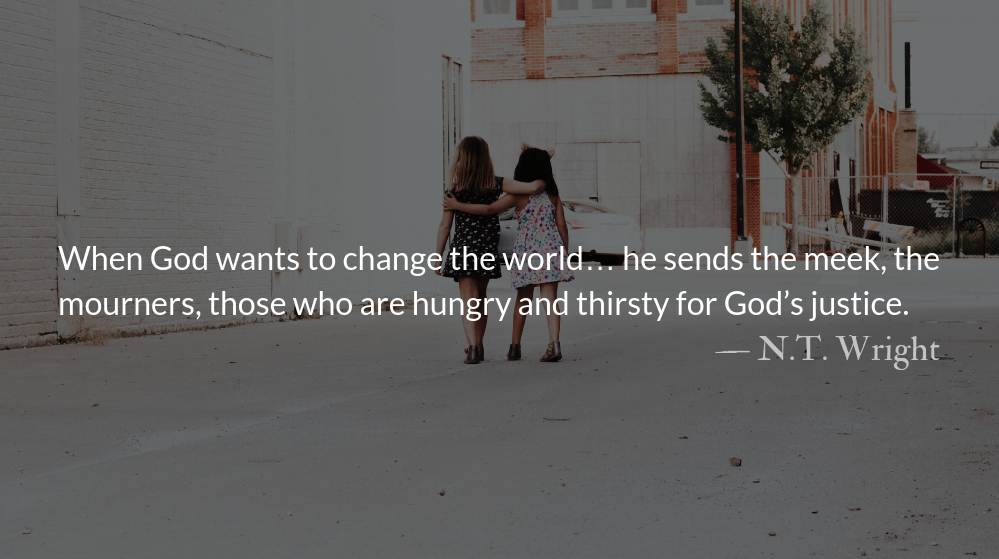Psalm 146.3-4
Do not put your trust in princes,
in human beings, who cannot save.
When their spirit departs, they return to the ground;
on that very day their plans come to nothing.
From John:
Today we take a look back at another post from two years ago that is still sharply relevant to us today. Whether we gloat or lament over a political outcome, we are confessing where our trust truly lies.
Reflection: Trust and Self-Giving Love
The Park Forum
There are two significant benefits to following a devotional reading plan. The first could be called an asynchronous benefit: scheduled reading leads us to places in Scripture we would otherwise not align with daily life (minor prophets, anyone?) and we are exposed to the full light and life of God’s word.
The synchronous benefit of reading Scripture along a pre-determined plan is that we see how often this sacred word collides with daily life. At The Park Forum we read a variant of the historic M’Cheyne Reading Plan—expanding the 19th-century preacher’s one year plan over two years. And today we come to a passage which could not be more timely.
Civilizations throughout history have looked to their leaders to save them—and though modernism has secularized this pursuit, it has not managed to mitigate it. Today the political right celebrates while the left laments—both confess their all-consuming trust in the leaders of our world.
In Simply Jesus N.T. Wright reflects:
We treat political leaders as heroes and demigods; they carry our dreams, our fantasies of how things should be. When we find out that they are only human after all, we turn on them, blaming them for the intractable problems that they, like their predecessors, haven’t been able to solve.
Wright then asks the question all too often glossed over in Scripture: “Why did people think that Jesus might be any different?” How is it that Christ offers a better solution?
Could it be that the paradoxical call of servant leadership, demonstrated through the moral character Jesus outlines in the Sermon on the Mount, offer a better way—a way in which God can be seen, known, and restore the brokenness of our world? Wright concludes:
When God wants to change the world… he sends the meek, the mourners, those who are hungry and thirsty for God’s justice, the peacemakers, and so on. Just as God’s whole style—his chosen way of operating—reflects his generous love, sharing his rule with his human creatures, so the way in which those humans then have to behave if they are to be agents of Jesus’ lordship reflects in its turn the same sense of vulnerable gentle, but powerful self-giving love.
Prayer: The Refrain for the Morning Lessons
Send forth your strength, O God; establish, O God, what you have wrought for us. — Psalm 68.28
– Prayer from The Divine Hours: Prayers for Autumn and Wintertime by Phyllis Tickle.
Prayers from The Divine Hours available online and in print.
Today’s Readings
Amos 3 (Listen – 2:11)
Psalm 146-147 (Listen – 3:09)
Additional Reading
Read More from N.T. Wright on Political Allegiance
It is impossible for genuine faith not to influence a person’s politics. Paul explains that Christian faith does not result in a doubling down on political ideology as a means toward “peace and security,” but in radical commitment to Christ.
Read More about Beginning of Righteousness
Spiritual maturity grows the immature curiosity of, “what would Jesus do?” to, “how will Christ live through what I chose to do?” This question presupposes freedom in Christ and demands intimacy to answer.
Support our Work
Each month over 22,000 Park Forum email devotionals are read around the world. Support our readers with a monthly or a one time donation.






